The RCEP agreement not only includes the world's largest free trade area but also focuses on ASEAN, aiming for comprehensive development.
Since coming into force nearly 22 months ago, the Regional Comprehensive Economic Partnership (RCEP) has played an important role in promoting regional economic cooperation, enhancing economic resilience and boosting the region's risk resilience.
The RCEP agreement includes 10 ASEAN members (Brunei, Cambodia, Indonesia, Laos, Malaysia, Myanmar, the Philippines, Singapore, Thailand and Vietnam) and Australia, China, Japan, South Korea and New Zealand. The agreement has a population of 2.2 billion people (30% of the world's population), a GDP of 38.81 trillion USD (30% of global GDP in 2019) and accounts for nearly 28% of global trade.
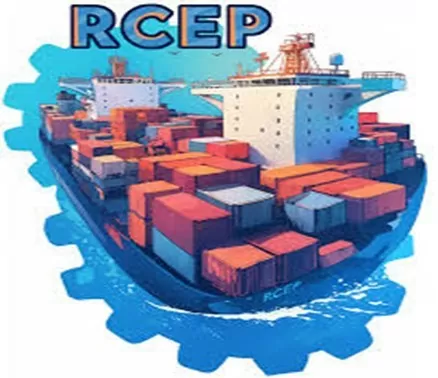 |
However, the low utilization rate of RCEP rules of origin in ASEAN and China is a significant obstacle to realizing the full benefits of RCEP. For example, in 2022, the proportion of Vietnam’s exports using RCEP rules of origin was only 0.67%, much lower than the average utilization rate (33.6%) of other free trade agreements (FTAs) that Vietnam has signed, while Thailand’s utilization rate of RCEP rules in 2022 and 2023 was only 1.9% and 2.7%, respectively, and Malaysia’s export value accounted for only 0.07% of its total exports to RCEP markets from April 2022 to February 2024.
It is estimated that by 2023, the utilization rate of RCEP rules of origin for China's exports and imports will be 4.21% and 1.46%, respectively. As a significant improvement in the utilization rate of RCEP rules could bring huge benefits to ASEAN, China and other members.
In the coming years, China's acceleration of high-level opening-up will not only lead to major breakthroughs in China-ASEAN free trade, but also inject new impetus into the continuous upgrading of RCEP.
With China, Japan and South Korea’s combined GDP and manufacturing value-added accounting for more than 80% and their trade value accounting for more than 50% of the total value of the RCEP region, the three countries are the main driving force for the full implementation of RCEP and have reaped the benefits of the regional FTA. Therefore, China, Japan and South Korea will step up efforts to achieve breakthroughs in the trilateral FTA negotiations and form trilateral cooperation mechanisms at a higher and broader level, not only consolidating the cooperation achievements within the RCEP framework but also promoting a new type of regional economic integration.
RECP participants also make concerted efforts to commence all possible activities of the RCEP Secretariat by the end of this year so that timely information is communicated to the media and the public, all developments in the region are monitored and analyzed, further negotiations on key issues including the transition of rules of origin from “partial accumulation” to “full accumulation” are coordinated and a comprehensive opt-out list is put in place.
In addition, the RCEP Secretariat will coordinate the process of strengthening rule of law and fair enforcement in areas such as fair market access, fair competition, intellectual property protection and regulatory transparency, and initiate consultations on mutual recognition of services sector rules, regulations, governance and standards among member countries.
The RCEP Secretariat has the authority to commission independent or joint study groups within the RCEP region to draw up a robust development plan for the development of RCEP over the next decade. Sri Lanka, Chile and the Hong Kong Special Administrative Region of China have applied to join RCEP. This will initiate the process of expanding RCEP to turn RCEP into a trans-regional FTA.
In September 2022, the China Institute for Reform and Development initiated the establishment of the RCEP Expert Group Network, which has attracted 18 expert groups from 13 countries. Since its establishment, the expert group network has conducted research, organized international academic discussions and exchanges on key RCEP issues, and organized training workshops on RCEP implementation, capacity building, and spread the influence of the partnership around the world.
However, the expert group network is making further efforts to promote the comprehensive implementation of RCEP. First, it focuses on helping member countries improve the utilization rate of RCEP rules and regularly assess the level of comprehensive implementation, promoting policy exchanges, coordination and communication among member countries, and providing support for mutual policy learning and macroeconomic policy coordination.
The network of researchers will also help promote regional economic integration, conduct discussions, exchanges and dialogues on key issues in cooperation with member countries and between RCEP and other regional and sub-regional FTAs, conduct in-depth research on economic and trade cooperation between Hainan Free Trade Port and ASEAN under the RCEP framework, etc. Furthermore, efforts should be made to strengthen RCEP implementation capacity building by establishing the RCEP "Implementation Capacity Building Academy" to conduct institutionalized RCEP implementation capacity training.
RCEP has set a significant agenda by unleashing huge resources for trade and investment and facilitating dynamic activities in regional and global value chains. It is an extremely important FTA for the world in the context of increasing global instability and inward-looking policies of some countries, while providing impetus to global trade and investment and supporting open regionalism.
Source: https://congthuong.vn/khai-thac-tiem-nang-tang-truong-khu-vuc-cua-hiep-dinh-rcep-355319.html


![[Photo] Cat Ba - Green island paradise](/_next/image?url=https%3A%2F%2Fvphoto.vietnam.vn%2Fthumb%2F1200x675%2Fvietnam%2Fresource%2FIMAGE%2F2025%2F12%2F04%2F1764821844074_ndo_br_1-dcbthienduongxanh638-jpg.webp&w=3840&q=75)





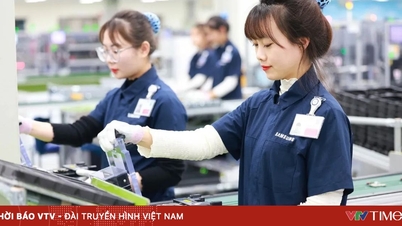


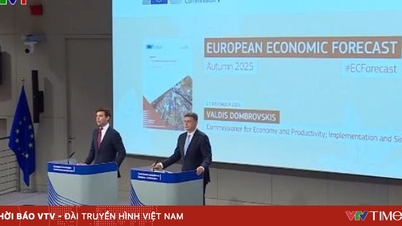


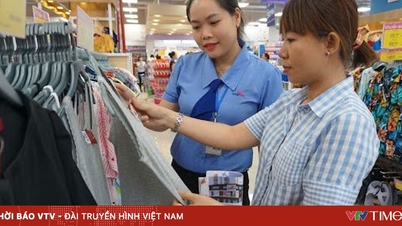





























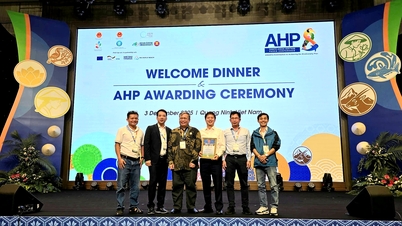






























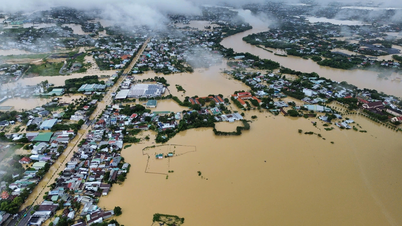





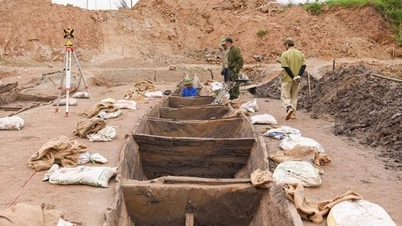


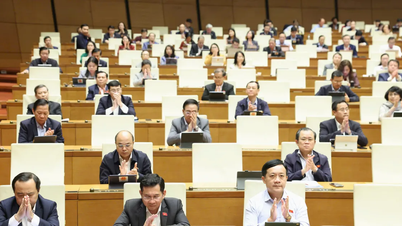

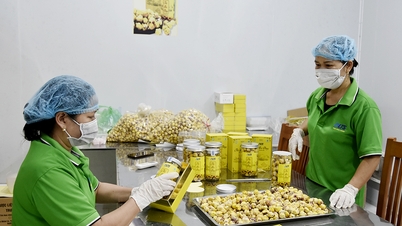

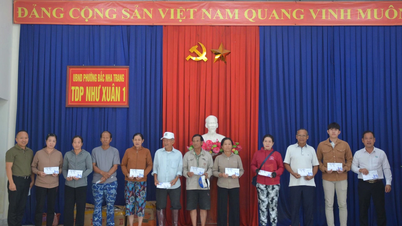
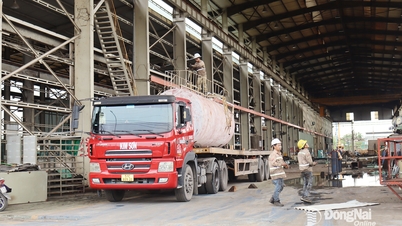

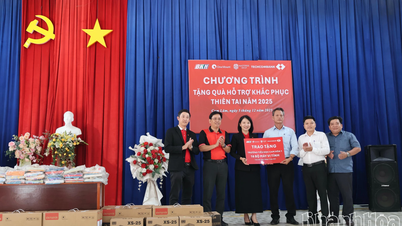
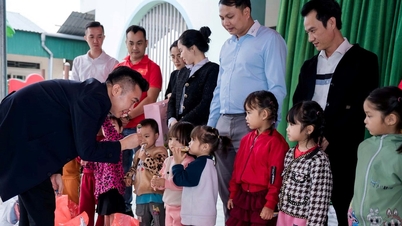


















Comment (0)